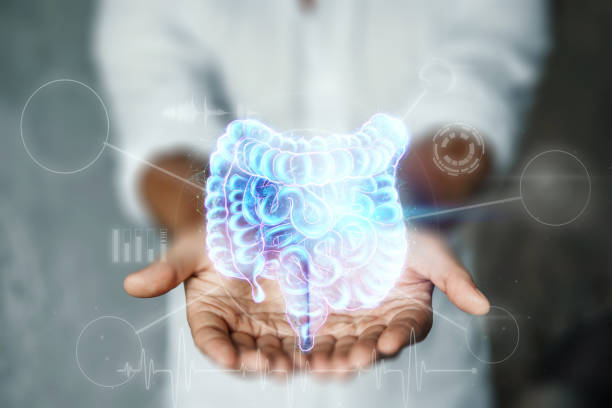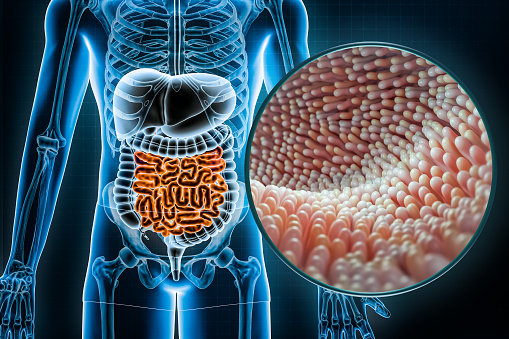The human microbiome refers to the collection of microorganisms that inhabit our bodies, including bacteria, viruses, fungi, and other microbes. These microorganisms are essential to our health and play a crucial role in maintaining our immune system, metabolism, and overall well-being.
The microbiome is found in various body parts, including the skin, mouth, gut, and reproductive system. The gut microbiome, in particular, is the most extensively studied and understood. It is composed of trillions of microorganisms in the gastrointestinal tract and includes over a thousand different species of bacteria.
The gut microbiome plays a critical role in our health by aiding in digestion, synthesizing essential vitamins and nutrients, and regulating our metabolism. The gut microbiome also helps maintain the integrity of the intestinal barrier, preventing harmful pathogens from entering our bloodstream and causing infection.
Table of Contents
The Study

Studies have shown that alterations in the gut microbiome are associated with a range of diseases, including inflammatory bowel disease, obesity, diabetes, and even neurological disorders such as Parkinson’s and Alzheimer’s disease. For example, individuals with inflammatory bowel disease have been found to have a less diverse gut microbiome, with a higher proportion of harmful bacteria. Conversely, individuals with a diverse and healthy gut microbiome have a lower risk of developing these conditions.
Factors such as diet, lifestyle, and medication use can all influence the composition of the microbiome. A diet high in fiber and plant-based foods has been shown to promote a healthy gut microbiome, while a diet high in processed foods and sugar can lead to an imbalance of harmful bacteria.
Antibiotic use is another factor that can alter the gut microbiome, as antibiotics can indiscriminately kill both harmful and beneficial bacteria. This disruption in the microbiome can lead to antibiotic-resistant infections and other negative health outcomes.
Importance
The importance of the human microbiome extends beyond just the gut, as other microbiomes throughout the body have been found to have a significant impact on our health. For example, the skin microbiome plays a critical role in protecting our skin from harmful pathogens, while the vaginal microbiome plays a crucial role in maintaining vaginal health and preventing infection.
Research on the human microbiome is still in its early stages, and there is much that we still do not understand. However, the potential for utilizing microbiome-based therapies to treat a range of diseases is an exciting area of research. For example, fecal microbiota transplantation (FMT) has shown promising results in treating recurrent Clostridium difficile infections, a severe and often recurrent form of diarrhea.
Conclusion
In conclusion, the human microbiome is a complex and dynamic ecosystem that plays a critical role in our health and well-being. While much research still needs to be done, our understanding of the microbiome’s importance continues to grow, and it is likely that the microbiome will play an increasingly important role in future medicine and healthcare. By understanding the factors that influence the microbiome and how to maintain a healthy microbiome, we can improve our overall health and well-being.
Author
Stay connected for new publications, events, and more.







More Stories
World Health Day: A Global Commitment to Health and Well-being
La Journée mondiale de la vaccination : Un Engagement pour la Santé Mondiale
8 Aliments Rassasiants Qui Peuvent Aider à Perdre du Poids